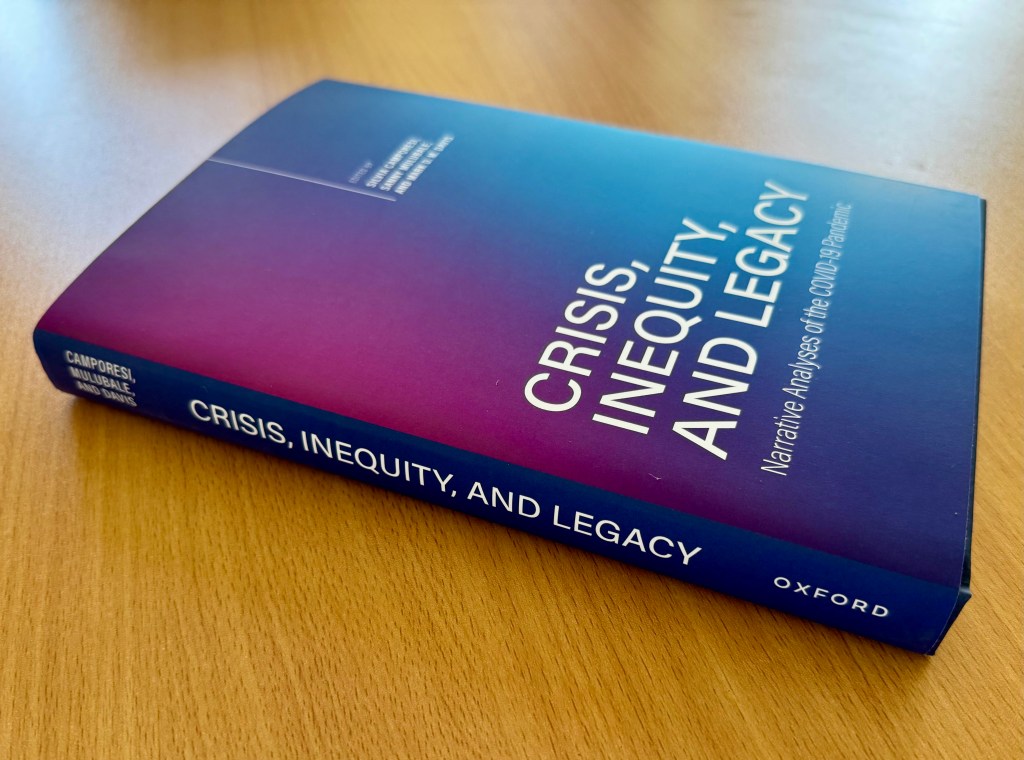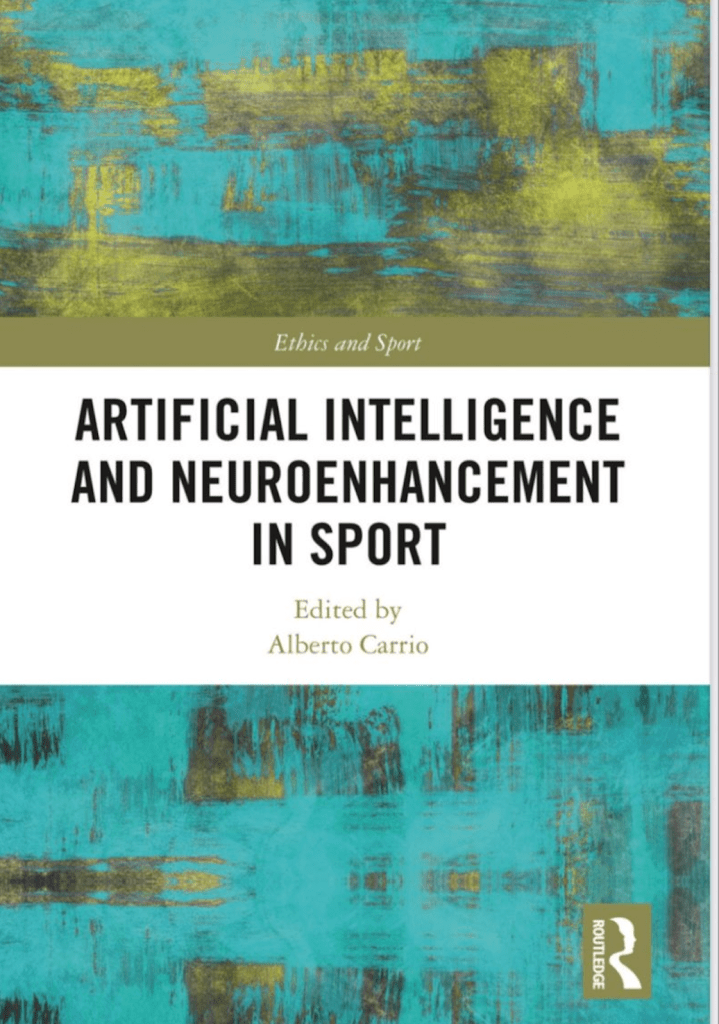https://link.springer.com/article/10.1007/s11019-026-10328-4
With Davide Serpico, University of Milano(first and corresponding author) and Valentina Petrolini, University of Bologna.
Eating Disorders (EDs) raise significant challenges from a diagnostic and nosological perspective. Much of this is due to the extensive overlap among diagnostic criteria, with symptoms being shared by several conditions and subtypes. This nosological uncertainty is further exacerbated by two additional features of EDs, which will be the focus of this paper, namely diagnostic crossover and recovery. First, patients who acquire or lose one or more symptoms over time (symptom shifting) often transition to a new diagnostic category (crossover). Second, researchers working on EDs have recently underscored a problematic lack of inclusion of patients’ perspective on diagnostic and recovery processes, which results in an incomplete understanding of key aspects of EDs. Drawing on theoretical frameworks and concepts from Dynamical Systems Theory and epigenetics, we present a dynamic characterization of EDs that allows us to tackle the challenges of crossover and recovery. In our framework, different conditions represent robust endpoints in individuals’ developmental trajectories that are nonetheless flexible in certain circumstances. Thinking about EDs in diachronic terms also prompts us to significantly reframe our notion of recovery, not so much as the return to health but as the generation of future healthy trajectories, to be pursued in compliance with patients’ self-perception and aims. Indeed, the key role of patients’ values in determining their future trajectories testifies how psychiatric categories are not merely descriptive but constitutive, influencing both self-understanding and clinical practice.
Funding acknowledgments:
Open access funding provided by Università degli Studi di Milano within the CRUI-CARE Agreement. Davide Serpico’s research for this paper was supported by the PRIN “Normative Kinds: Values and Classificatory Decisions in Science and Policy-making” (Grant n. 2022SYAW7A) and by the Department of Philosophy “Piero Martinetti” of the University of Milan under the Project “Departments of Excellence 2023–2027” issued by the Italian Ministry of University and Research. Valentina Petrolini’s research was supported by the Department of Philosophy of the University of Bologna, through the projects RFO2024_PETROLINI_N6 and RFO2025_PETROLINI_N6. Silvia Camporesi’s research was supported by the PRIN “Normative Kinds: Values and Classificatory Decisions in Science and Policy-making” (Grant n. 2022SYAW7A) for work from October 1, 2023 to September 30, 2024, and by the KU Leuven BOFZAP Starting Grant (from October 1 st, 2024 onwards).



You must be logged in to post a comment.